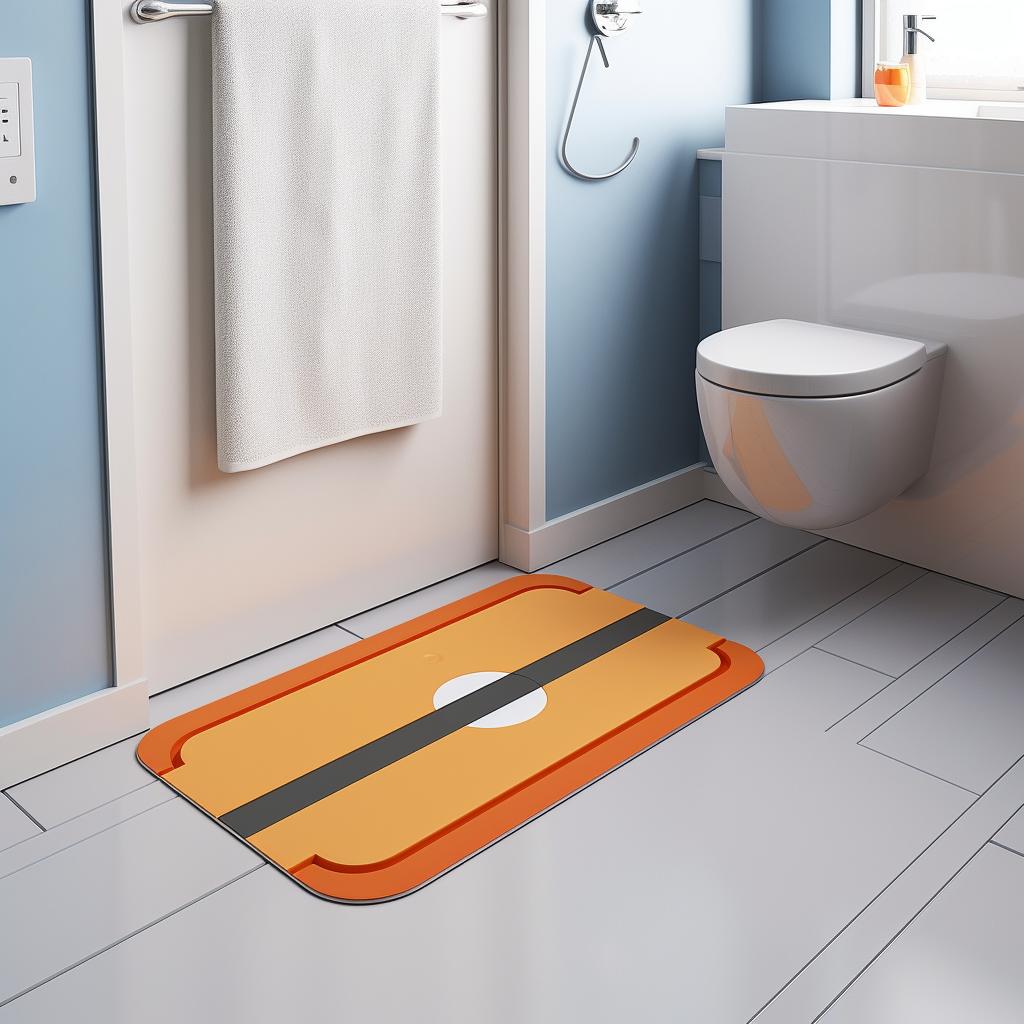Lucinda Reichel is a seasoned physical therapy practitioner with a distinctive focus on dementia patient care. She consistently publishes insightful articles laden with actionable advice on physical therapy and beneficial workout regimens for individuals suffering from dementia.
Managing behavioral symptoms in dementia patients can be a challenging task. However, non-pharmacological interventions have proven to be effective in alleviating these symptoms, while also improving the quality of life for both the patient and the caregiver. Let's explore some of these interventions.
One effective strategy for managing behavioral changes in dementia patients is non-pharmacological interventions. These interventions can help in reducing agitation and other symptoms commonly associated with dementia.
Another important aspect of managing dementia patients is understanding how to effectively interact with them. Interacting with clients who have mild dementia requires patience, empathy, and effective communication techniques.
Engaging individuals with dementia in daily activities and practices can also be beneficial. Daily activities and practices such as music therapy, art therapy, and reminiscence therapy can help improve cognitive function and overall well-being.
Unlocking the Power of Cognitive Behavioral Therapies 🧠
Cognitive-behavioral therapies (CBTs) involve a range of techniques designed to help individuals cope with their symptoms. They are often used to manage anxiety, depression, and other mood disorders associated with dementia. For individuals with dementia, it is important to explore effective strategies for managing behavioral changes. Additionally, incorporating daily activities or practices that benefit individuals with dementia can be helpful in their overall well-being. Understanding how a dementia patient should be managed is also crucial, and you can learn more about it here.
How Can Cognitive Stimulation Therapy Spark Joy? 🎉
Cognitive Stimulation Therapy (CST) involves engaging patients in a range of group activities and discussions, including reality orientation and reminiscence therapy. It aims to stimulate and engage the person, while providing an optimal learning environment and the chance to socialize.
Cognitive Rehabilitation: Your Tool for Practical Problem Solving 🔧
Cognitive rehabilitation focuses on handling the practical problems caused by memory and attention deficits. This can involve teaching the use of memory aids, or practicing tasks to improve performance.
Embrace a Healthier Lifestyle: Small Changes, Big Impact 🌱
Several lifestyle interventions can also be beneficial in managing behavioral symptoms in dementia patients.
Why Regular Exercise Could Be Your Best Friend? 🏃♀️
Regular physical activity can improve cognition, mood, and overall quality of life. It can range from simple activities like walking or gardening to more structured exercise programs.
Understanding the Benefits of Exercise for Dementia Patients
This quiz will test your understanding of how regular physical activity can benefit dementia patients. Choose the best answer for each question.
Learn more about 🧠 Understanding the Benefits of Exercise for Dementia Patients 🏋️♀️ or discover other Dementia Care Tips quizzes.
Eat Right, Think Bright: The Power of a Healthy Diet 🥦
A healthy diet can support brain health and possibly slow cognitive decline. This can include a diet rich in fruits, vegetables, whole grains, lean protein, and low-fat dairy.
Learn more about 🍓 Brain-Boosting Berry Smoothie Recipe or discover other Dementia Care Tips recipes.
Create a Safe Haven: Environmental Modifications for Dementia Care 🏠
Modifying the environment can also help manage behavioral symptoms. This can include reducing clutter and noise, improving lighting, and creating clear paths for navigation.
To further elaborate on the role of environmental modifications, let's delve into the steps to create a dementia-friendly home:
Learn more about 🏡 Creating a Dementia-Friendly Home: A Step-by-Step Guide 🧩 or discover other Dementia Care Tips guides.
By following these steps, you can create a home environment that is safer and more comfortable for dementia patients. Now, let's move on to mind-body interventions that can also aid in managing behavioral symptoms.
Mind-Body Interventions: A Pathway to Inner Peace 🧘♀️
Mind-body interventions such as meditation, yoga, and tai chi can also be beneficial. They can help reduce anxiety, improve mood, and enhance quality of life.
To give you a better understanding of how Tai Chi can be practiced, here's a beginner-friendly video tutorial:
The above video provides a great start for dementia patients to engage in Tai Chi. However, it's crucial to remember that every individual is different, and adjustments may be needed to suit their unique needs and capabilities.
Remember, every person is unique, and what works for one might not work for another. It's important to individualize the approach based on the person's preferences, abilities, and the severity of their symptoms. Always consult with a healthcare professional before starting any new treatment regimen.
As we delve into the topic of non-drug treatments for dementia, let's address some common questions that arise in this context.
Remember, while these non-pharmacological interventions can be highly effective, it's crucial to tailor them to the individual's needs and preferences. Now, let's conclude our discussion on these holistic approaches to managing behavioral symptoms in dementia patients.
In conclusion, non-pharmacological interventions offer a holistic approach to managing behavioral symptoms in dementia patients. They focus on enhancing the person's strengths, promoting their well-being, and improving their quality of life.
To effectively implement non-pharmacological interventions for managing behavioral symptoms in dementia patients, consider the following steps:
With these strategies, it is possible to manage behavioral symptoms and enhance the quality of life for dementia patients.
With patience, understanding, and the right strategies, it is possible to effectively manage behavioral symptoms and enhance the quality of life for people living with dementia.


 1 cup of mixed berries (blueberries, strawberries, raspberries)
1 cup of mixed berries (blueberries, strawberries, raspberries) 1 banana
1 banana 1 cup of spinach
1 cup of spinach 1 tablespoon of flaxseeds
1 tablespoon of flaxseeds 1 cup of almond milk
1 cup of almond milk 1 tablespoon of honey (optional)
1 tablespoon of honey (optional)

















